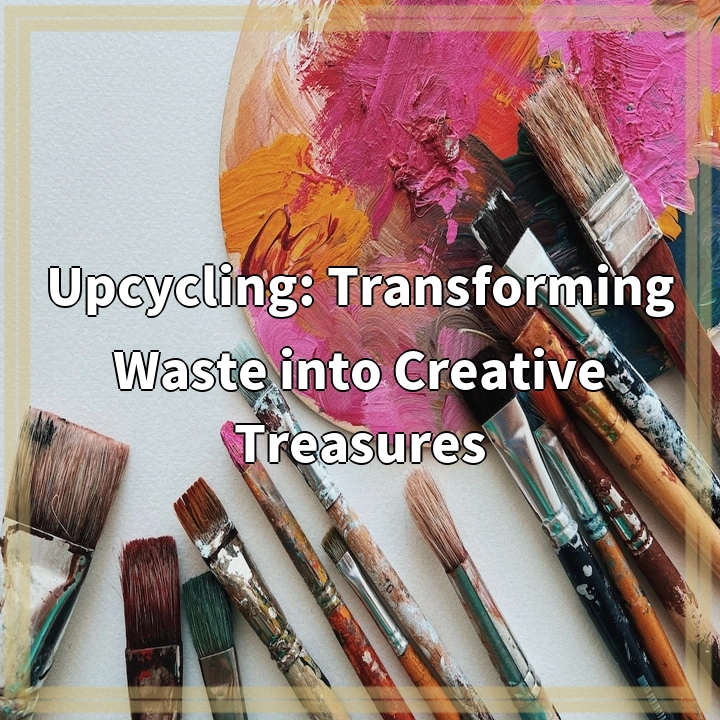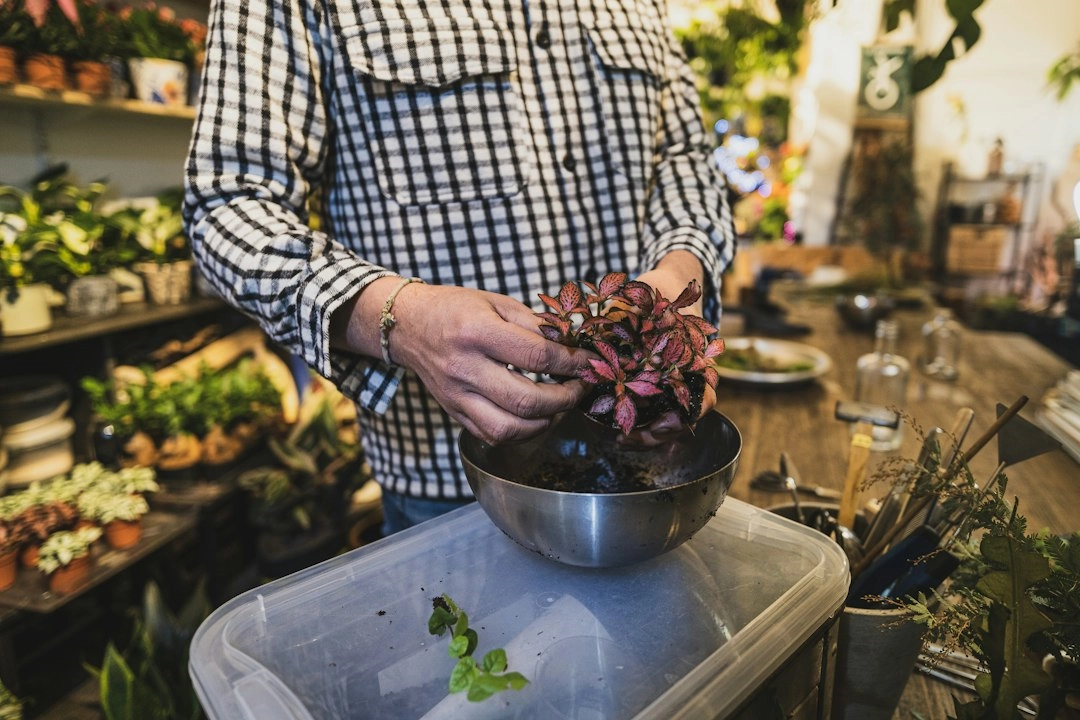
What is Upcycling?
Upcycling is a creative and eco-friendly process of transforming waste materials into new products of higher value and quality. Unlike recycling, which breaks down materials to create new products, upcycling involves repurposing discarded items in their original form or with minimal modifications. The goal of upcycling is to prevent waste and reduce the consumption of new resources by giving new life to old items.
Real-World Problems Associated with Upcycling
While upcycling offers numerous benefits, it also presents its fair share of challenges and limitations. Understanding these real-world problems is essential for a comprehensive and balanced approach to promoting upcycling practices:
1. Limited Availability of Suitable Materials
One of the main challenges faced by upcyclers is the availability of suitable materials. Finding discarded items that are in good condition and can be transformed into new products can be a difficult task. Local waste management systems and recycling centers play a crucial role in supporting upcyclers by collecting and providing access to reusable materials.
2. Design and Execution
Turning waste into treasure requires creative thinking and skilled craftsmanship. Upcyclers need to possess the necessary design skills to envision and execute their ideas effectively. Transforming ordinary objects into beautiful and functional products often requires a combination of artistic flair, technical expertise, and knowledge of various materials and their properties.
3. Market Demand and Consumer Awareness
For upcycling to thrive and have a significant environmental impact, there must be a strong market demand for upcycled products. Consumer awareness and understanding of the value of upcycled items are crucial. Educating the public about the benefits of upcycling and its positive environmental footprint can help generate interest and drive demand for these unique and sustainable products.
4. Scalability and Mass Production
Upcycling processes are often labor-intensive and time-consuming, which can be a limitation when it comes to mass production. While upcycling may not be suitable for large-scale manufacturing, it offers tremendous potential for small-scale artisanal production and the creation of one-of-a-kind pieces that are cherished for their uniqueness.
Despite these challenges, upcycling represents a creative and innovative solution to reduce waste and environmental impact. By transforming waste materials into creative treasures, upcycling showcases the potential to rethink our consumption patterns and adopt more sustainable practices.

Solutions to Upcycling Challenges
While upcycling presents its challenges, there are solutions and initiatives that can help overcome these obstacles and make upcycling more accessible and impactful:
1. Improving Access to Materials
Collaboration between upcyclers and waste management systems is crucial. By establishing partnerships with recycling centers, upcyclers can gain access to a wider range of discarded items. This can be achieved through educational programs, workshops, and community initiatives that promote the collection and supply of suitable materials.
2. Building Design and Craftsmanship Skills
Investing in workshops and training programs that focus on design and craftsmanship can enhance the capabilities of upcyclers. Providing opportunities for upcyclers to learn new techniques, acquire necessary skills, and collaborate with other artisans can help foster innovation and improve the quality of upcycled products.
3. Raising Consumer Awareness
Educating consumers about the benefits of upcycling is essential for driving demand and creating a sustainable market. This can be achieved through marketing campaigns, social media presence, and collaborations with influencers or sustainable brands. Promoting the unique story and value behind upcycled products can help consumers make more conscious and environmentally-friendly purchasing decisions.
4. Supporting Small-Scale Production
While large-scale mass production may not be suitable for upcycled products, supporting small-scale production can still have a significant impact. Local markets, craft fairs, and online platforms dedicated to upcycled goods can help upcyclers showcase their creations and reach a wider audience. Creating avenues for collaboration and networking among upcyclers can also foster a vibrant and supportive community.
By implementing these solutions, we can promote and support the practice of upcycling, unlocking its potential to reduce waste, inspire creativity, and create a more sustainable future.















